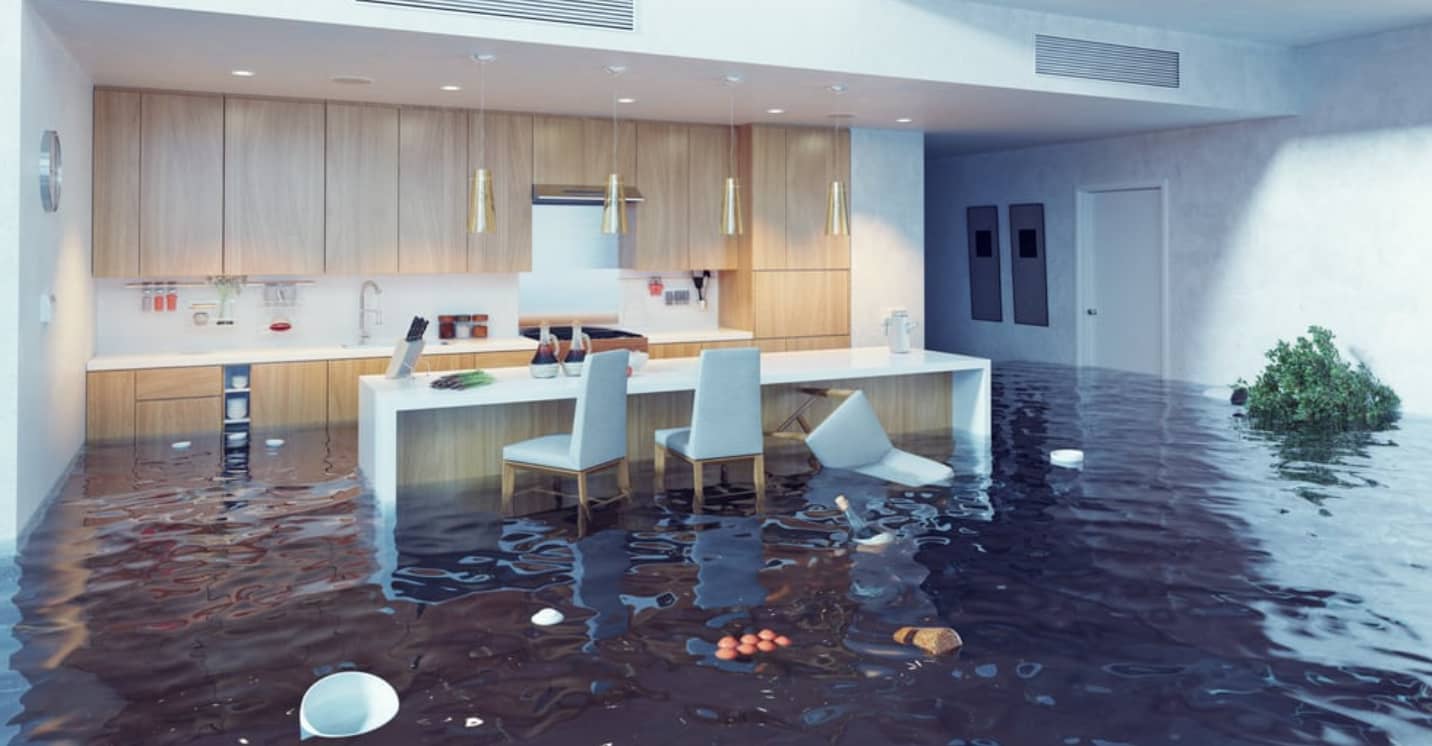A flooded home is a situation no one wants to deal with, but it does happen. The best way to minimize the damage and repair costs is to react quickly and confidently to the situation. With that in mind, here are five things you should do immediately if your home floods:
Shut off the electricity
As soon as the waters begin to find its way into your home, shut off the electricity to protect yourself and your family. Water carries electrical currents with devastating efficiency, and can seriously harm or even kill anyone it comes into contact with. Shutting off the power until the situation is under control will prevent that from happening.
Contact your insurance company
If the flood is serious enough that you have to evacuate your home, or even an area of your home, you should contact your flood insurance provider immediately to get started in handling the paperwork. There will likely be several steps and inspections before the company can sign off on anything, and getting the process started early can save you a major headache.
Protect yourself
If you have to go back into your home, make sure you are properly protected against hidden dangers under the water or potential hazards, such as sewage, mold or chemicals. Wear waterproof boots and waders, as well as gloves. You want to avoid as much contact with flood waters as possible. Be aware of any areas that might have a current running through them due to electricity, and shut off any live connections before entering.
Find a way to remove the water
If the flood is serious, you will likely need to contact a company to help with the damage. These companies have the technology to help pump water out of your home and dry the possessions that remain. The longer the water sits within your home, the more damage it can cause. If your water company offers carpet and other drying services, have them try to dry out your carpet and wet linens to prevent mold from forming. It is also important to find the cause of home floods if it’s not due to weather, suggests professional drain cleaners at Alberta Water services. Broken pipes and drains can cause lots of damage and should be fixed immediately.
Take pictures
You will want to document all of the damage in your home, both for insurance purposes and for figuring out what has to be replaced when everything is said and done. Taking pictures of the damage, the watermarks on the walls and the source of the flood will help in the repair and recovery process.
A flooded home is a major disaster, but taking these steps as soon as it happens will make the restoration process much smoother.





